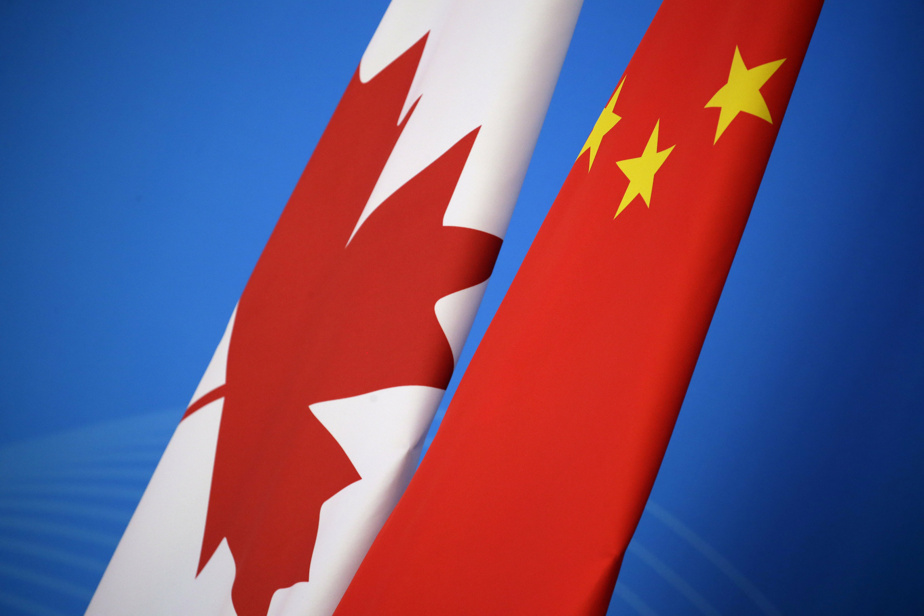(Ottawa) Canada faces tough choices about its relationship with China now that Michael Kovrig and Michael Spavor are back home, experts say.
In particular, Ottawa will have to decide whether Chinese telecom giant Huawei will be able to participate in the rollout of 5G technology in the country. From a broader perspective, Canada will have to decide whether to view China as an ally, competitor or enemy.
Foreign Secretary Marc Garneau acknowledged that Michael’s arrest and detention, possibly in retaliation for the arrest of Huawei leader Meng Wanzhou, has cooled relations between the two countries.
“It was out of the question to have friendly relations with China while Michael was in custody,” Garneau said in an interview with CBC on Sunday.
Michael Spavor and Michael Kovrig were released on Friday after being held for more than 1,000 days in China.
Canada has dropped extradition proceedings against Mr.I Meng having made a deal with the United States, which was seeking to extradite her to be brought to justice for fraud.
Paul Evans, one of Canada’s leading experts on China and Asia, says the federal government needs to make a number of decisions over the coming weeks and months.
The UBC professor says Canada will decide whether to exclude Chinese telecommunications giant Huawei from its future 5G network at home and allow Canadian universities to expand cooperation with Chinese entities.
“These are issues that the neo-liberal government has to address very quickly,” Evans said. These are the choices that need to be made now. ”
However, a professor at the University of Ottawa and former adviser to Prime Minister Justin Trudeau, Roland Paris, believes that the next government will also have to develop a long-term strategy in its relations with China.
Without fanfare, Canada took a number of stances on China while the two of Michaels were languishing in prison.
These include the Chinese government’s condemnation of its attempts to stifle democracy in Hong Kong, its treatment of Uyghurs and other ethnic minorities, and the use of espionage.
However, Canada and China will have to continue to cooperate on issues such as climate change due to their economic ties.
defense matter
Earlier in September, Australia, Britain and the United States announced a new partnership to defend themselves from China, including Australia’s purchase of nuclear-powered submarines. Canada is not part of this alliance.
While it’s not clear how much Canada knew about the deal before it was announced, Evans thinks the other three participants may have concerns about including Ottawa.
“They should have known that there are other issues involved in our relationship with China,” he said.
In their recent election platform, the Liberals promised to “launch a new comprehensive strategy for the Asia-Pacific region to deepen diplomatic, economic and defense partnerships in the region.” According to Mr. Paris, this strategy is long overdue.
“All of our partners are trying to adapt to a changing region, especially with the rise of a more aggressive China,” he explained. Many of these partners have begun to develop more coordinated national strategies. Canada should do that, too. ”
The government will also have to determine how it should act with hostile states.

“Alcohol scholar. Twitter lover. Zombieaholic. Hipster-friendly coffee fanatic.”


